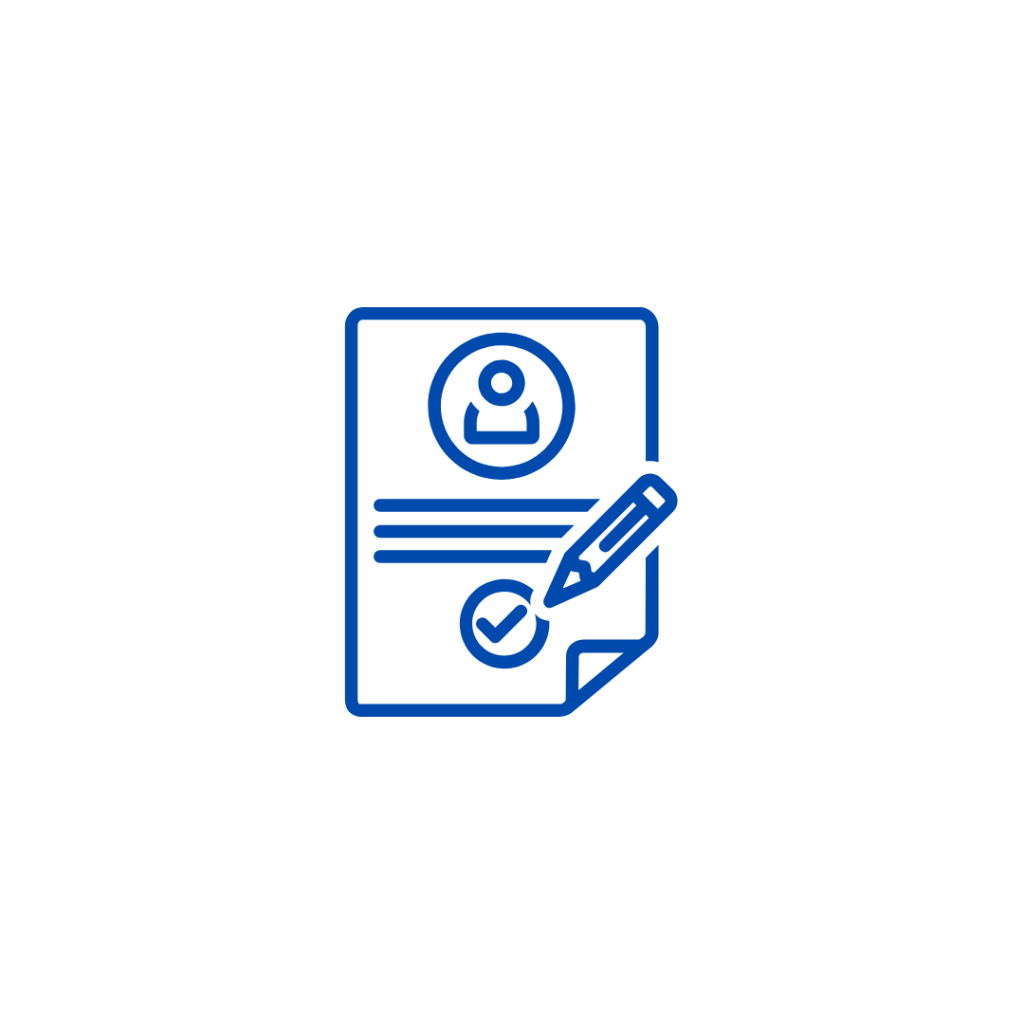TAICO-Dialogue
A Dialogue Lab on the Role of Teachers and AI in Education!
The TAICo-Dialogue Lab took place at the 20th European Conference on Technology-enhanced Learning in Newcastle on 15th September 2025. We will report on the results of this workshop soon, here. Stay tuned by registering for our newsletter.
Goals of the Workshop
The purpose of the workshop was to start a policy-oriented dialogue on how we envision the future of teaching with AI in schools, universities, and training organisations, with a specific focus on the role of teachers. The workshop explored the potential impact of AI on future teaching tasks — its replacement, complementarity, or augmentation — and what this will mean for teachers’ knowledge and skills, as well as the teaching profession more broadly.
The workshop used different methods applying dialogue and foresight to discuss the latest research in the area, and to discuss what impact AI could have for the future of education, the teaching profession, and the professional development of teachers. We made the first steps in deriving themes for future policy recommendations. The workshop was a kick-start for a year-long series of similar events throughout Europe. The results will be reflected when we return to EC-TEL in 2026.

Background of the Workshop
AI is now at the center of much of the debates around education and the future of education is once again under scrutiny. There is an urgent need to contribute to this debate in an evidence-based way that transcends the hype and horror scenarios. For this, researchers in educational technology, technology-enhanced learning, learning analytics and AI in education need to provide a strong voice. At the same time, it is known that researchers often do not communicate in a way that is directly relevant for policy makers and practitioners. The dialogue lab at ECTEL should provide a first opportunity to refine those messages together with policy experts and practitioners.
We focus this workshop on teachers and their interaction with AI, as our research indicates that there is currently a lack of both research and policy discussions on this aspect. The debate around teachers and AI often limits itself to defining future “AI competences”, but this misses much broader implications around the questions of what role teachers will actually have in the future and how their profession will change. Having teachers actively participate in this dialogue is crucial because it ensures that their insights and needs are central to the design and development of AI tools. Often teachers have to introduce new technologies like AI solutions into their teaching practice without a meaningful integration into their practices and without sufficient support or training. Thus, fostering their presence within this AI dialogue could genuinely support and enhance teaching practices rather than replace or sideline them.

Contributions Archive
Participants were asked to send in their contributions to the workshop prior to the event. These contributions are used as background reading during the event. They are all considered as “work in progress” at this point in time.
The current submissions can be accessed here: Submissions to the Workshop

Workshop Program
The workshop was organized around four tensions of the integration of AI into education. These tensions were selected prior to the workshop to guide the discussion.
The description of these tensions as well as a detailed program of the workshop can be found in the following working document: ECTEL Dialogue Lab
The work at the tables can be documented using this Mural Board.
| 9:00 | Introduction to the workshop Introduction of participants incl. their perspectives on the topic |
| 10:00 | Introduction of the tensions and goal of whitepaper |
| 10:15 | Inputs along the tensions (in the plenum), 15 minutes per tension Convenors introduce the tension (2 minutes) Participants give contributions, prior recordings (5 minutes) incl. coffee break |
| 11:30 | World Café (split into 4 tables) • Rotation 1 (30 minutes): three steps • Rotation 2 (30 Minutes): three steps |
| 12:30 | Lunch |
| 13:30 | World Café (4 tables) continues • Rotation 3 (30 minutes): three steps • Rotation 4 (30 minutes): three steps |
| 14:30 | Presentation of results: Table convenors present the results of each table (7 minutes each) |
| 15:00 | Coffee Break |
| 15:15 | Planning of Whitepaper Planning of further events |
| 16:00 | end of workshop |

Expected Outcomes
- Successful launch of a European dialogue lab series on AI and the teaching profession
- A blueprint for organizing national dialogue labs
- A first draft of a policy brief or whitepaper that raises the themes for discussion
- A roadmap for follow-up events in 2025/26

Workshop Organisers
For this workshop, three European project consortia of researchers, educational practitioners, representatives of the EdTech sector and policy experts have joined forces:
TAICo Teacher AI Complementarity (www.taico-project.eu), GenAI4ED (https://genai4ed.eu/) and augMENTOR (https://augmentor-project.eu)
- Tobias Ley, Gerti Pishtari & Florian Gnadlinger, University for Continuing Education Krems, Austria
- Kairit Tammets, Tallinn University, Estonia
- Nikol Rummel & Astrid Wichmann, Ruhr-Universität Bochum
- Sanna Järvelä, Oulu University, Finland
- Paraskevi Topali, Radboud University, The Netherlands
- Mutlu Cukurova, University College London, UK
- Michelle Duquette, European EdTech Alliance
- Sander Jürisson, Education and Youth Board, Estonia
- Martina di Ridolfo, European Trade Union Committee for Education, Brussels
- Alba Paz-Lopez, Pinelopi Troullinou, Trilateral Research, UK
- Irene-Angelica Chounta, University of Duisburg-Essen
In collaboration with GenAI4ED & augMENTOR


